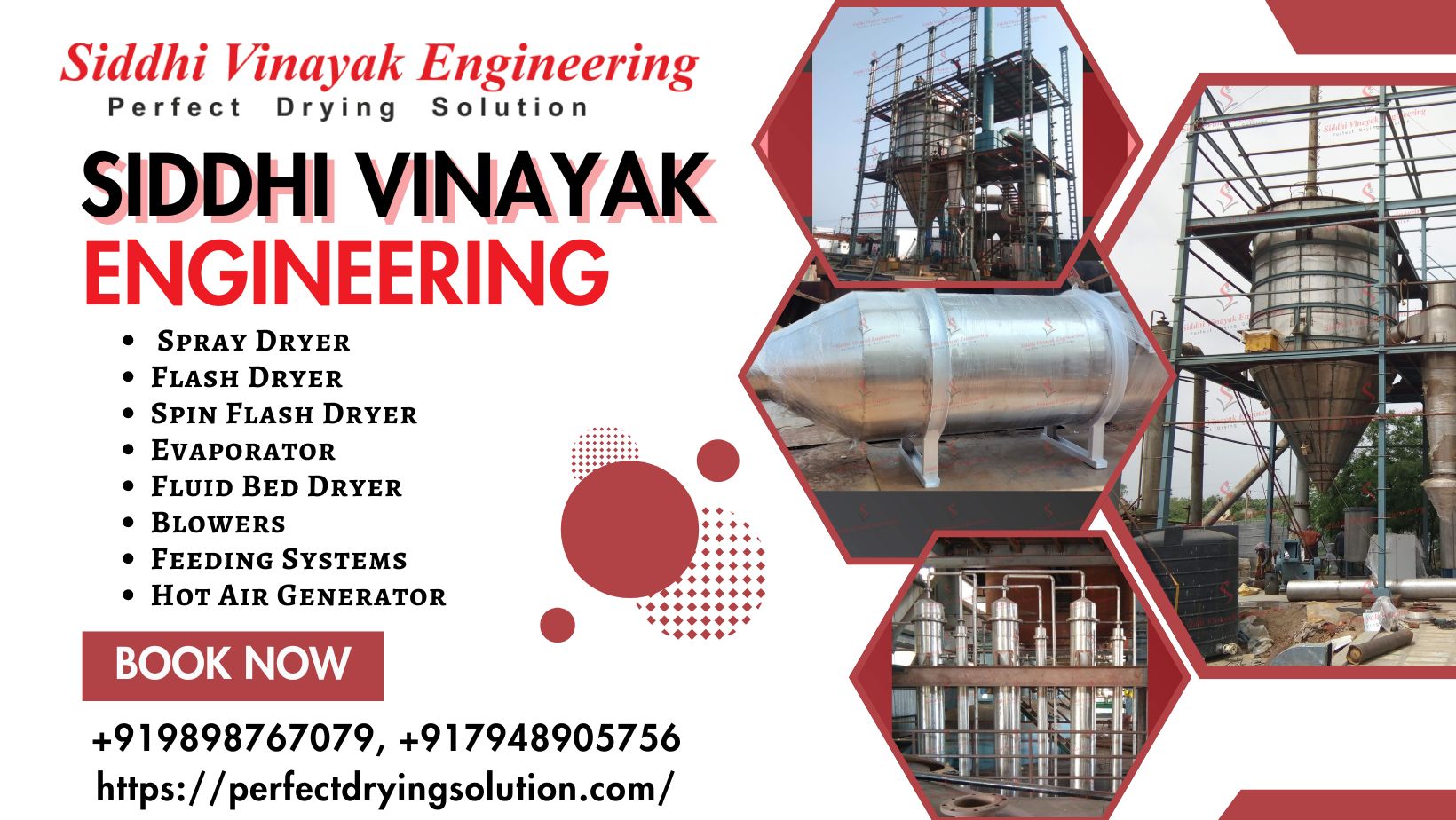
Common Effluent Treatment Plant
Introduction
A Common Effluent Treatment Plant (CETP) is a centralized facility designed to treat industrial wastewater generated by multiple small- and medium-scale industries. CETPs help in reducing the environmental pollution load by collectively treating the effluent before it is discharged into the environment. These plants are crucial for industries that lack individual treatment infrastructure, ensuring regulatory compliance and sustainable waste management.
Application Area
-
Industrial clusters and industrial estates
-
Textile and dyeing units
-
Food processing industries
-
Electroplating and chemical sectors
-
Paints, dyes, and pigment production units
Uses, Material, and Features
Uses:
-
Treatment of combined industrial wastewater
-
Neutralization and pH correction
-
Sludge dewatering and disposal
Material Used:
-
High-grade stainless steel and MS for tanks
-
Non-corrosive piping and valves
-
PLC-based automation systems
-
Bio-reactors and clarifiers made with FRP/SS
Key Features:
-
Multi-stage treatment (primary, secondary, tertiary)
-
Sludge handling and drying system
-
Real-time monitoring and control
-
Low footprint and modular design options
Benefits
-
Ensures environmental regulatory compliance
-
Protects water bodies and natural ecosystems
-
Improves community health and safety
-
Promotes water recycling and reuse
-
Minimizes individual industrial burden
Why Choose Us?
-
Experienced CETP system designers and installers
-
Tailored systems for various industrial sectors
-
Use of advanced and proven treatment technologies
-
Emphasis on low energy and operating costs
-
End-to-end consultancy, from feasibility to commissioning
-
Strong track record with government-approved projects
Conclusion
The Common Effluent Treatment Plant is a cost-effective and environmentally responsible solution for managing industrial wastewater. By serving multiple units, it simplifies waste management while helping industries stay compliant with environmental standards. Our CETPs are engineered for long-term performance, efficiency, and environmental stewardship.
FAQs
Q1: What industries benefit from a CETP?
Industries like textiles, pharmaceuticals, food processing, and chemicals greatly benefit from CETPs.
Q2: Can treated water be reused?
Yes, treated water can be reused for gardening, flushing, and even industrial processes depending on treatment level.
Q3: What is the lifespan of a CETP?
With proper maintenance, a CETP can last over 15–20 years.
Q4: Is automation available?
Yes, we provide fully automated CETPs with PLC-based control systems.
Q5: Do you provide operation and maintenance services?
Absolutely, we offer comprehensive O&M contracts for CETPs.
Tag list

